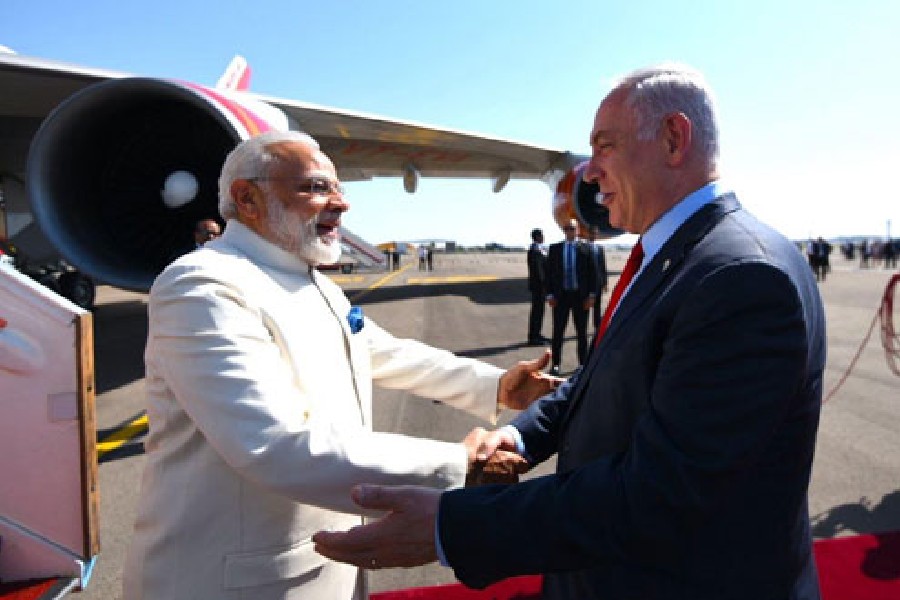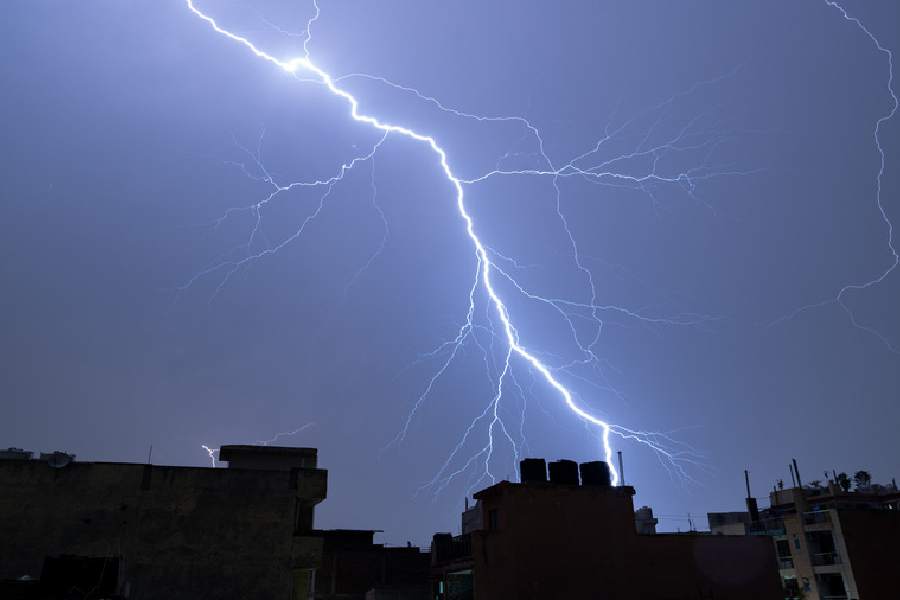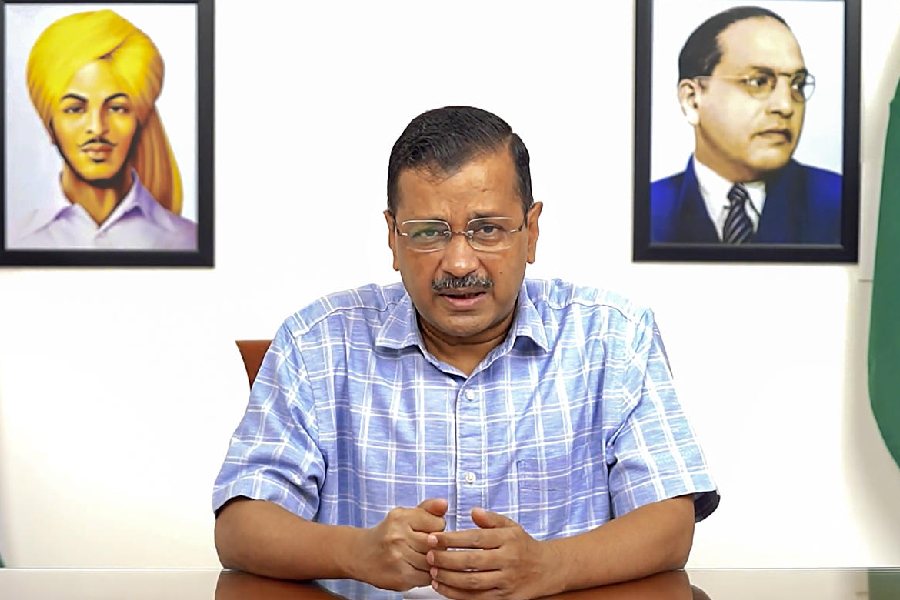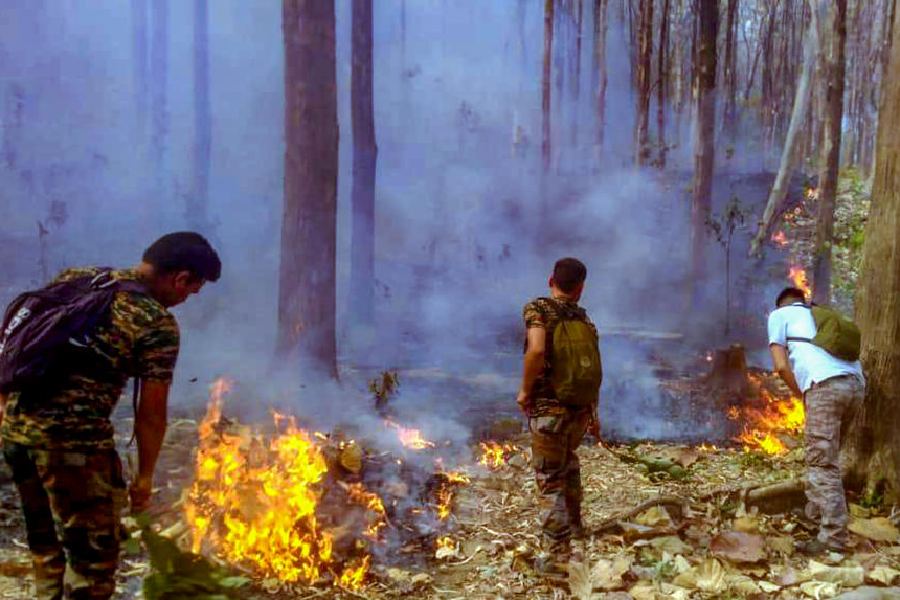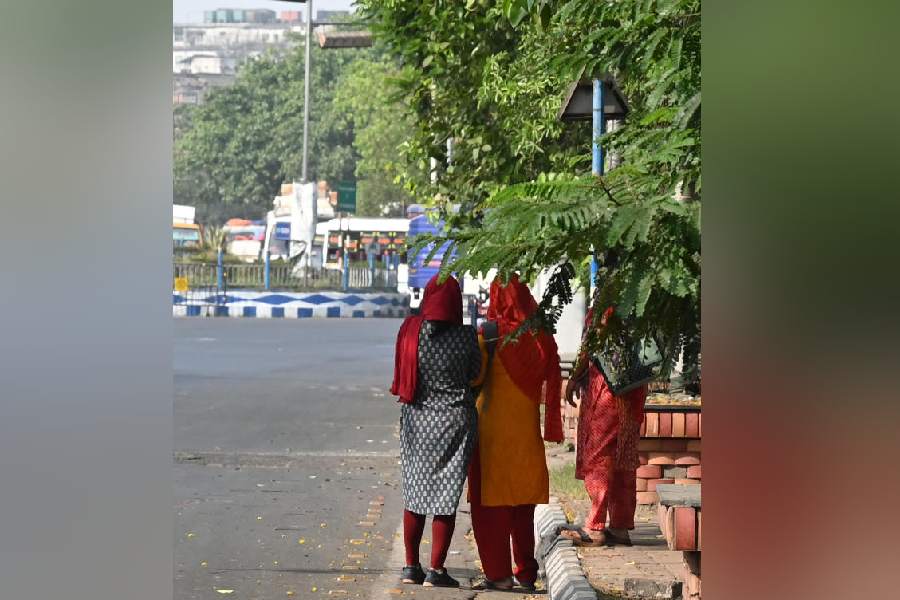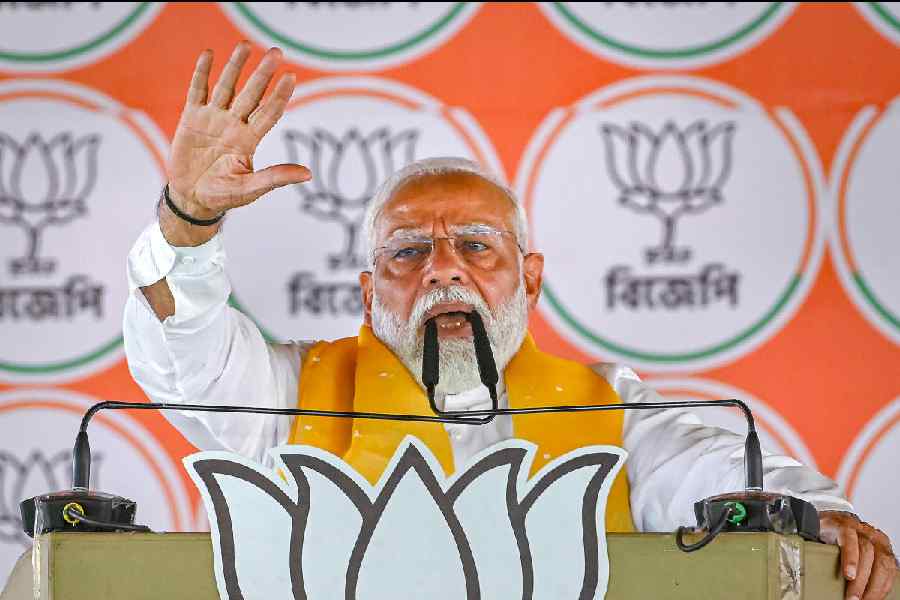Nearly a year after the prime minister, Narendra Modi, told the Russian president, Vladimir Putin, that this is not an era of war, in a comment widely seen as a soft rebuke for Russia’s invasion of Ukraine, facts are challenging the Indian leader’s assertion. To be sure, public sentiment against war is high across the world. But blood from brutal conflicts and the shadow of disturbances dot the globe: so much so that it would not be erroneous to describe the 2020s as the ‘decade of disruption’. In the Middle East, the devastating Israel-Hamas war, which has already claimed more than 3,500 lives in eight days, threatens to explode further as Israel appears poised to launch a ground invasion, having ordered 1.1 million Gazans to move to the south of the enclave within 24 hours. In Europe, the Russia-Ukraine war is the biggest conflict that the
continent has witnessed since the Second World War. Meanwhile, the Indo-Pacific region continues to be a theatre of near-daily tensions between China and other nations in the region — often backed by the United States of America. Beijing and Taipei are locked in an escalatory spiral of rhetoric and dangerous military moves that raise the risks of a conflict — deliberate or inadvertent — breaking out between them. India and China are also one miscalculation away from a military confrontation, with thousands of troops posted by each along their Himalayan border, especially in Ladakh. Africa, too, continues to suffer from regional and localised wars.
Other than its confused approach to the border crisis with China, New Delhi has largely managed to navigate these turbulent waters reasonably well so far. But all signs suggest that New Delhi will be tested even more in the months and years ahead. For the most part, India has tried to avoid alienating any side in the multiple conflicts shaping today’s geopolitics. It has bought record volumes of Russian oil and fertilisers and has refused to condemn Russia directly. But as with Mr Modi’s comment to Mr Putin on this not being an era of war, India has been careful to spell out its support for the United Nations Charter and respect for every country’s territorial sovereignty. It has also kept its relationship with Ukraine alive. Likewise, while condemning the Hamas attack on Israel last Saturday, and despite its strengthening relationship with Israel, India insists that it remains committed to a two-state solution.
A refusal to take sides has traditionally worked well for India, and New Delhi must not change that approach. Yet, as its economic and geopolitical clout grows, India needs to also take a firm moral position where it is important to do so, confident that any diplomatic setback and risk would be of a short-term nature. It can criticise Russia’s invasion of Ukraine more strongly than it has without worrying about losing Moscow as a friend. It can articulate concerns over the bloodbath unfolding in Gaza without fearing that it might sacrifice Israel’s friendship. Yet to do all of that, it must address its own internal wounds first. An India that is at war with itself — a war fuelled by the divisive rhetoric of the ruling regime — will never be taken seriously when it speaks of peace.

